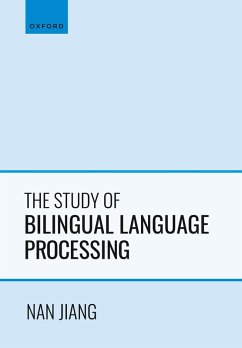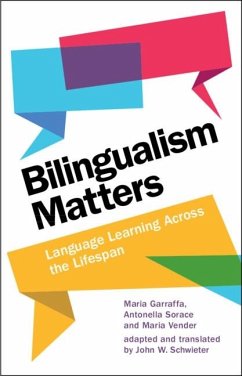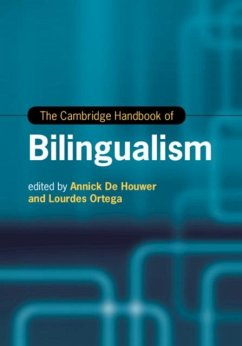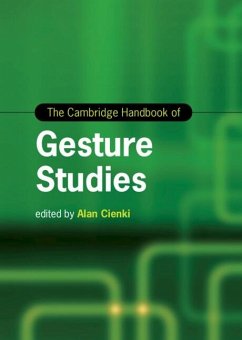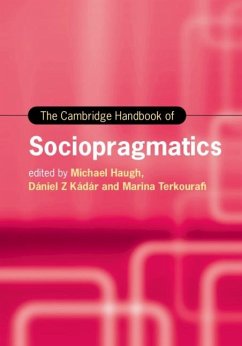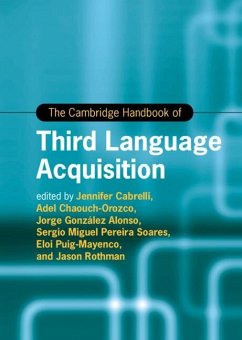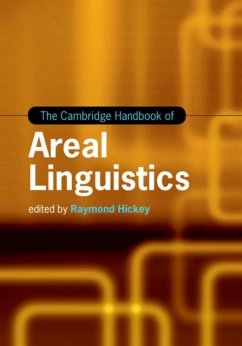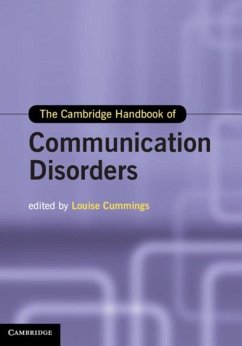
Cambridge Handbook of Bilingual Processing (eBook, PDF)
Versandkostenfrei!
Sofort per Download lieferbar
108,95 €
inkl. MwSt.
Weitere Ausgaben:

PAYBACK Punkte
54 °P sammeln!
How does a human acquire, comprehend, produce and control multiple languages with just the power of one mind? What are the cognitive consequences of being a bilingual? These are just a few of the intriguing questions at the core of studying bilingualism from psycholinguistic and neurocognitive perspectives. Bringing together some of the world's leading experts in bilingualism, cognitive psychology and language acquisition, The Cambridge Handbook of Bilingual Processing explores these questions by presenting a clear overview of current theories and findings in bilingual processing. This compreh...
How does a human acquire, comprehend, produce and control multiple languages with just the power of one mind? What are the cognitive consequences of being a bilingual? These are just a few of the intriguing questions at the core of studying bilingualism from psycholinguistic and neurocognitive perspectives. Bringing together some of the world's leading experts in bilingualism, cognitive psychology and language acquisition, The Cambridge Handbook of Bilingual Processing explores these questions by presenting a clear overview of current theories and findings in bilingual processing. This comprehensive handbook is organized around overarching thematic areas including theories and methodologies, acquisition and development, comprehension and representation, production, control, and the cognitive consequences of bilingualism. The handbook serves as an informative overview for researchers interested in cognitive bilingualism and the logic of theoretical and experimental approaches to language science. It also functions as an instrumental source of readings for anyone interested in bilingual processing.
Dieser Download kann aus rechtlichen Gründen nur mit Rechnungsadresse in A, B, BG, CY, CZ, D, DK, EW, E, FIN, F, GR, HR, H, IRL, I, LT, L, LR, M, NL, PL, P, R, S, SLO, SK ausgeliefert werden.




